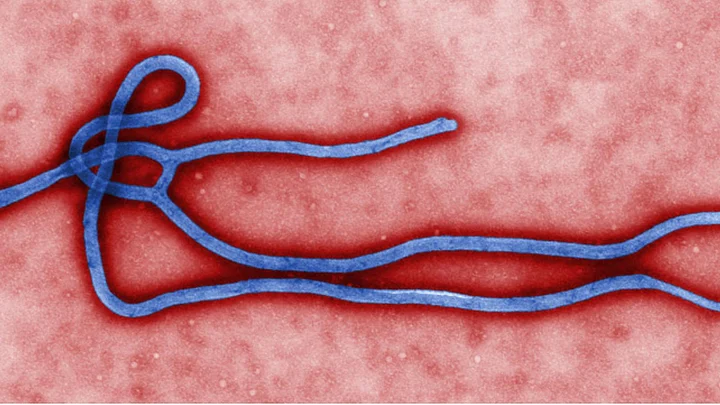According to a new study, a prototype microdevice equipped with bio sensors may help detect and monitor the Ebola virus better. The virus is extremely contagious and there is little treatment that can be done once the patient is diagnosed with the virus.
According to an article by Medindia, the device is automated and contains a small chip with a highly sensitive fluorescence sensing unit embedded in it.
Research suggests that automated sample processing, fluoresence sensing and a unique CRISPR- Cas13a mechanism can help detect Ebola within 5 minutes. The Crispr mechanis, originated from a bacterial adaptive immune system.
The samples are taken from the patients and added to the microfluidic device where Ebola RNA is visible by activating the CRISPR mechanism. The researchers have explained that they are attempting to make this device easy to use especially for personnel working in outbreak areas and developing countries.
The device can prove to be extremely useful as it may help in providing information about the virus to doctors and researchers and help develop an Ebola vaccine. Researchers are developing this device to detect strains not only from Ebola but also Inflenza and Zika.
(At The Quint, we question everything. Play an active role in shaping our journalism by becoming a member today.)
